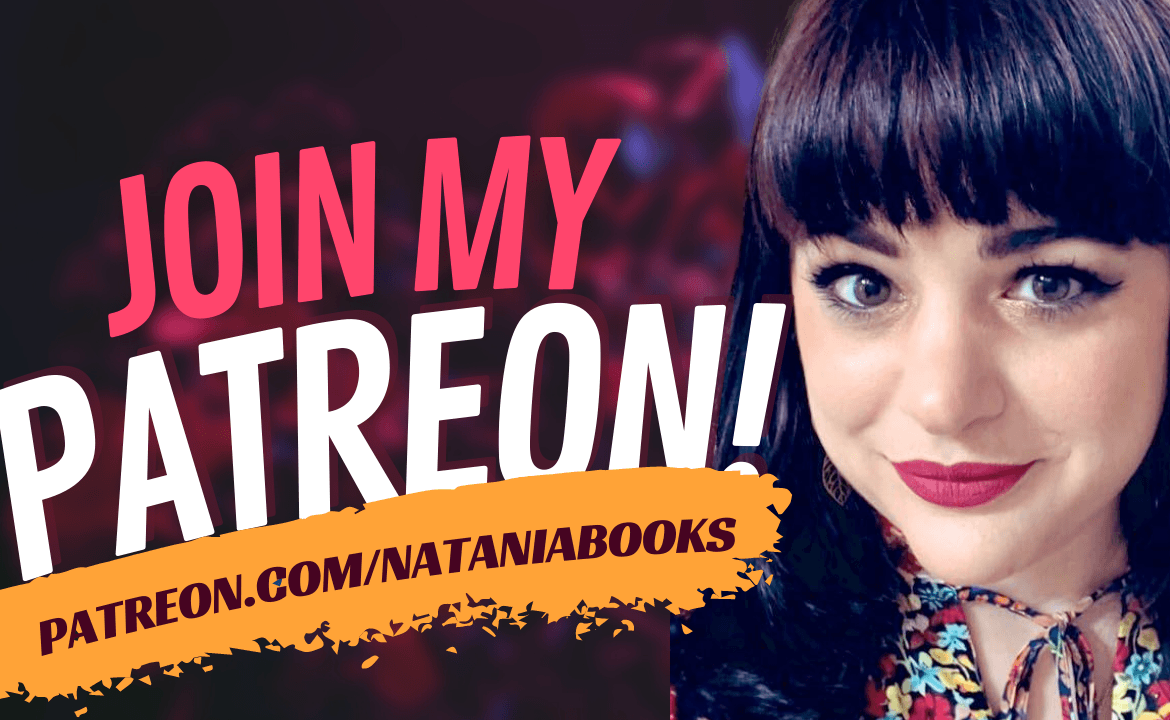These days high-profile writers get a lot of press for doing awful things to characters. Yes, killing a protagonist can be a very effective way of adding a hint of surprise to your novel. But it’s by no means unusual or original. I mean, if you ever have read any George R. R. Martin or heck, even J.K. Rowling, you know that people make a very big deal about killing characters. It even becomes some writers’ defining characteristic.
The weird thing is that it’s not new. Take the “Song of Roland”. Hint: everybody dies. Well, Roland and Oliver die. And everything falls apart. Pretty much the same story in Arthuriana. Ditto Hamlet. There’s always the Lancelots and Horatios who linger, but on the whole, it’s a bloodbath.
But death sometimes isn’t the right choice. In the first draft of the Aldersgate, I was so invested in what I was writing that I started to get a little overwhelmed with all the characters. As the action drew to a climax, I started killing people, left and right, because I just couldn’t deal with them. I think the excitement and the power got to me a little, and instead of dealing with complicated relationships, I just cut characters out. (As a side note–some of these deaths may or may not occur in the final draft…)
Not to say you should never kill a character, but you have to make sure that the decision is sound, that your choice is the best option for the sake of the story. Here’s some questions that I ask when contemplating death for a character:
- Am I just frustrated with the character arc?
- Has the character done what they needed to do in the plot?
- How will the death affect other characters?
- What does the death represent? (i.e. chaos, destiny?)
- How does this death fit into the main plot?
- Is it easier to kill the character or let him live?
- Ultimately, what other options do I have besides death that I might not have considered?
How about you? Have you ever encountered the death conundrum? If so, what kinds of questions do you ask yourself?











Jeez. Spoiler alert for the Song of Roland, Natania. 😉
I’m not adverse to killing characters when it needs doing, but killing them just for the sake of killing them as some authors do is just wrong.
If they are bit part characters, then it isn’t so bad, but for main characters then there deaths better be worth it and help to move the story along.
Back as a teenager, I would cackle and dance when I killed a character. Last year, I would announce the percentage of my main cast that made it through alive with a very near-smile on my face. Almost like a superiority complex. My villains were tough enough to inflict casualties. My lackeys could hit the broad side of a barn. Grit and danger, and I’ll prove it! *slays a character*
Now… this last draft let me spare a few more people. I still kill off seven or eight major and secondary characters, though (including villains).
The problem is, you can’t reuse them again. It’s like destroying your tools for the nifty explosion… it could get you somewhere, but it all depends on the book, tone, setting, and the plot to make sure that it’s worth it.
I remember a YA book in which a character told her son, “If you’re going to be rude, do it for a reason and get something out of it.” (Patricia C. Wrede, “The Enchanted Forest Chronicles”.) Like using straight black in artwork, take care, and feel out the composition. If it works, great. If not… make something more interesting than death happen.
@Michael 😛
@qorvus Precisely! I’m not advocating keeping everyone alive in a fairy-tale like setting, but make it interesting. Killing for killing’s sake is never a good idea.
@elizaw Yes, exactly. I know that feeling well. And I love the Wrede quote. Characters are like tools. Heck, I’m irritated right now because one of my characters is unconscious and I can’t use her POV! Not to mention someone just got tossed from a rather impressive height. But part of the tension is also leaving your readers wondering if and when and how people are going to die. Answering those questions bolster the quality of your narrative, I think!
Just an addendum to early comments. One of my favourite authors is a man called Bernard Cornwell who, amongst the books he has written, has a twenty something book series about a British rifleman called Richard Sharpe set during the Peninsular War mostly at the time of Napoleon.
Early on, before he realised just how many books he would write I guess, he killed off the main villain, a truly nasty piece of work called Obadiah Hakeswill. The man was evil with a capital E. He wrote after that he truly regretted doing so, and while he replaced him with another villain, he was no match for Hakeswill.
Later on he wrote some prequels which allowed him to use Hakeswill again, but it was the only way to use him as for the rest of the series chronologically the man was dead.
@qorvus I love Bernard Cornwell! And certainly that’s a great example of how even some of the most established writers can make that same mistake.
Another Bernard Cornwell fan – awesome. His works inspired me a lot, so much so I took the fantasy world I had been writing in and advanced it technologically to the time period he wrote in in the Sharpe books, resulting in a sort of fusion of fantasy and the Napoleonic era.
@qorvus I’m a big fan of his Arthur books. One of the best on the subject, IMO, in recent years. There’s something brutally honest about his storytelling style, and simultaneously captivating. And no one describes action like him, either. I need to get to the Sharpe series one of these days, too!
I haven’t read the Arthur books, though I used to read quite a few about Arthur by other authors when I was younger. He also recently put out one on Agincourt I’d like to read.
The Sharpe books are rather brutal – they are war stories after all. And a lot of them (21 to date so far I think.) But I’ve read the series through three or four times now I enjoy them so much. (Its also worth keeping an eye out for the BBC series based on the books, staring a young Sean Bean as Sharpe. Its a rather more PG version of the books as well.)
Given they are war stories, a lot of people do die in them. There are a couple of deaths I wish hadn’t happened. One was because I liked the character, but they had to die as the books where not written in chronological order and this character was written later, but appeared chronologically early then the first books he wrote. Given the character never even got mentioned in the first books written, they kind of had to die. Still doesn’t make me stop wishing they hadn’t.